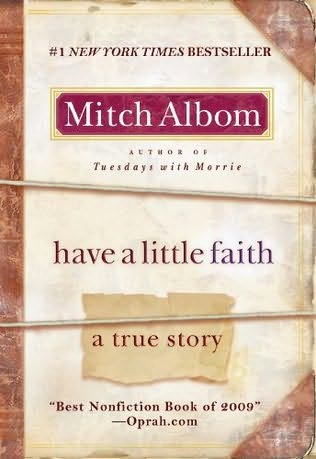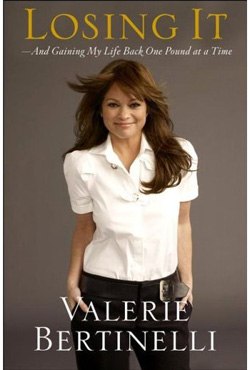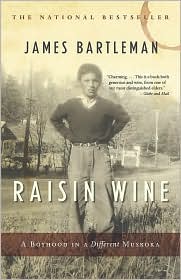
One perk of attending a live taping of The Hour is the chance you may walk away with some free swag -- especially if a featured guest happens to be flogging a book! When I discovered that the first guest on a taping of The Hour that I was attending was Gordon Ramsay, I was beyond thrilled. I know that many don't care for his colourful language, his berating of pretenders to the throne on Hell's Kitchen - but I love his energy and passion for food, his dogged commitment to standards. It comes across LOUD and clear. Yes Chef!
In his Food Network series' Kitchen Nightmares and Hell's Kitchen - you really don't get the full concept of whether or not Ramsay can actually throw down in the kitchen. He doesn't do the cookie cutter demos which invariably end with them cheesily taking a taste and making yummy sounds toward the camera...that's just not his MO.
So it was with interest that I dug into my freebie copy of "Fast Food" to see if he's as good as he thinks he is in this book, thematically inspired by his latest TV series - 'The F Word'. Fast Food is suitable for foodies and novice cooks alike, though novice cooks need to read through each recipe well in advance of preparation. Some meat dishes - like a pork chop dish suggest you cook them through with no clear indication of time or temperature. If you've ever had a dry, overcooked, inedible chop - you may want to do more than throw it in a pan and pray. If you're a fan of the F Word, you'll know of Ramsay's movement to try and get people to commit to cooking at home - particularly given that in less time that it takes to order take-out, you can prepare a tasty meal.
The book is separated into 15 segments with soups, starters, entertaining, Mexican flavours to name but a few. Peppered with lavish photographs of food and chef, it's an attractive read - particularly important for those people who don't actually cook, but are seriously addicted to reading cookbooks.
There's a decided focus on making the ingredients and flavours the star whether you're preparing a quick work night meal or entertaining friends on the weekend. Tips on how to best stock your pantry are especially helpful for those often pressed for time, but unwilling to sacrifice taste. More experienced cooks will be able to improvise and sub in more accessible/ affordable ingredients. Novice cooks will need to build confidence but can eventually do this too as their confidence and palate develops.
I particularly loved the recipes for Sticky Lemon Chicken, Bacon Pea and Goat Cheese Omelet, & Sauteed Scallops with Corn Salsa! Recipes are speedy - in fact none I tried have taken longer than 30 minutes, including prep. In particular, if you're a fan of seafood and clean simple flavours - this book is a winner. If you're not a fish lover - you may want to pass.
For those that are visual learners, there's a great podcast you can link to....
HERE
So... Bon Appetit! Don't overcrowd your proverbial scallop pan and savour some tasty flavours!
Speaking of Ramsay -- who are YOU hoping will win Hell's Kitchen this time? I like Ariel and Robert -- Van frightens me. Not sure about you, but I am uneasy about the unbalanced possessing razor sharp knives!
For those in the Toronto area - you can look forward to welcoming the first Canadian Ramsay owned restaurant - likely in the next 12-18 months!
 I Drink For A Reason is one of the latest projects from comedian David Cross, who is probably best known for his role as Tobias on Arrested Development. The book is a mixture of satire, wit and observation from the life and career of Cross.
I Drink For A Reason is one of the latest projects from comedian David Cross, who is probably best known for his role as Tobias on Arrested Development. The book is a mixture of satire, wit and observation from the life and career of Cross. Cross had the audience laughing the entire time he was in the big red chair. Make sure you tune into The Hour for this interview.
Cross had the audience laughing the entire time he was in the big red chair. Make sure you tune into The Hour for this interview.












